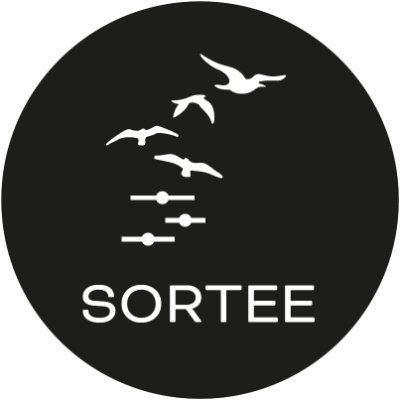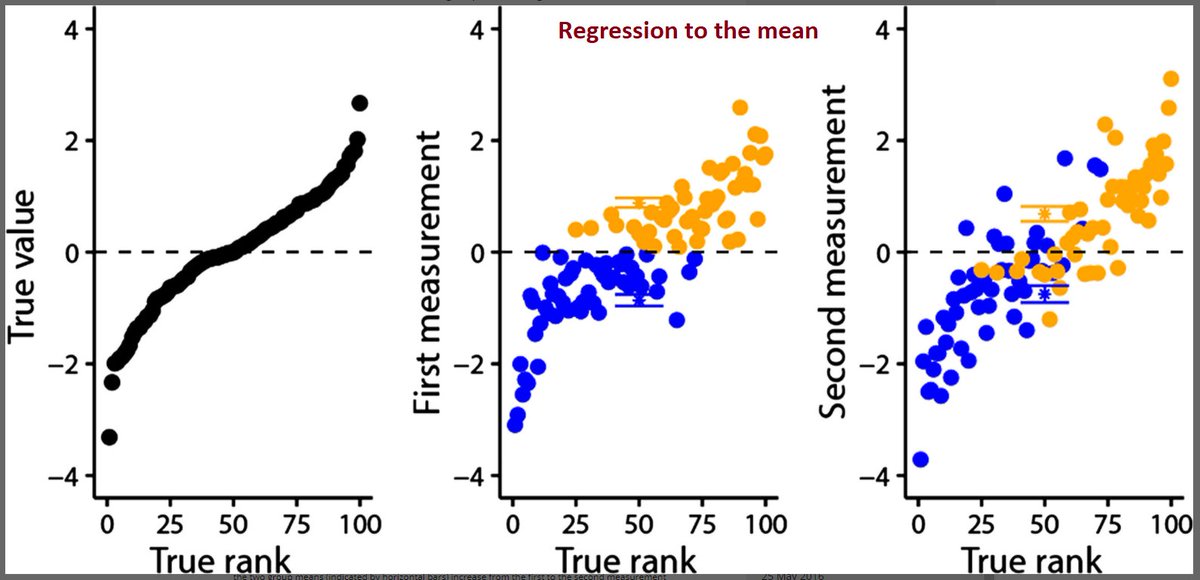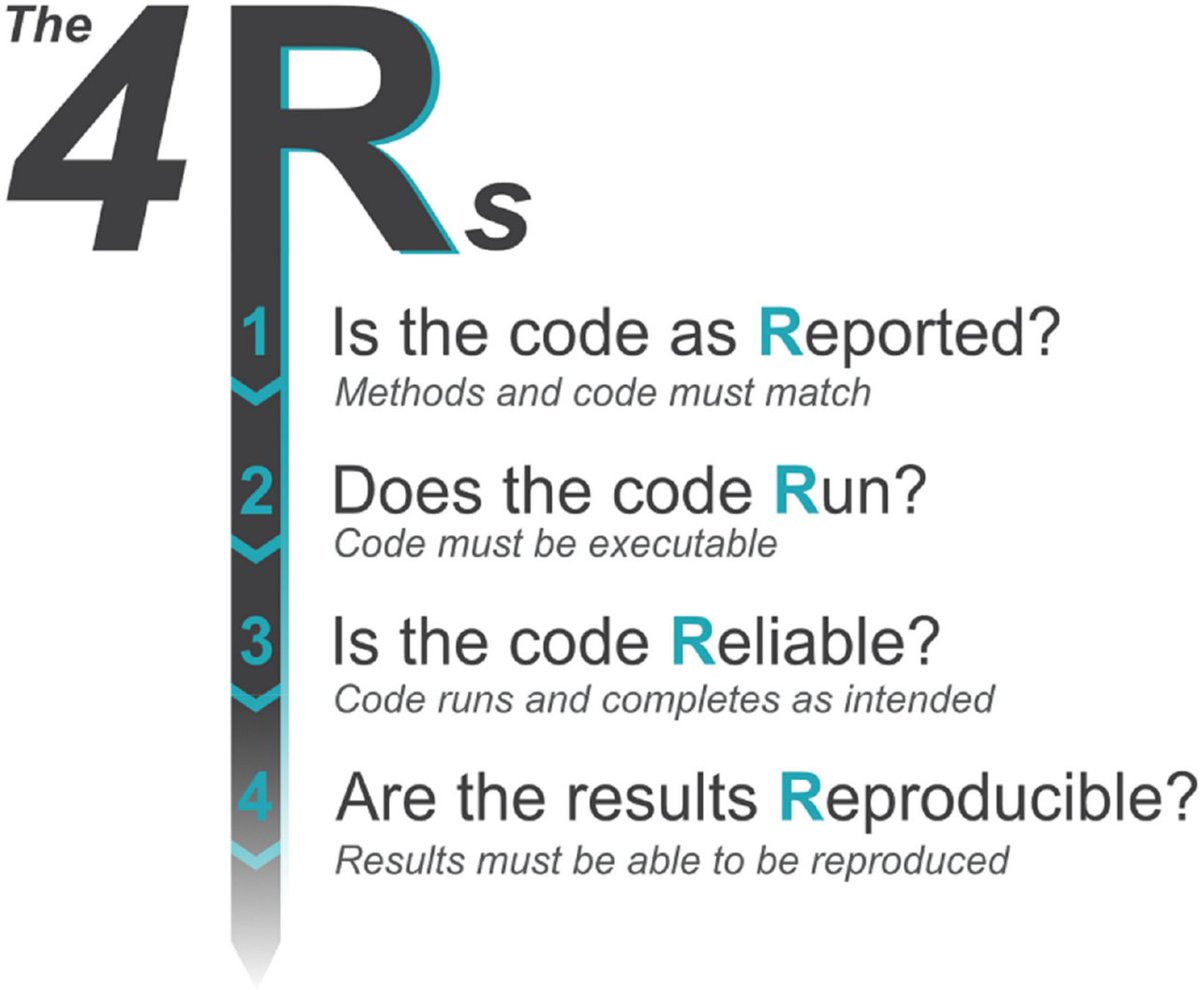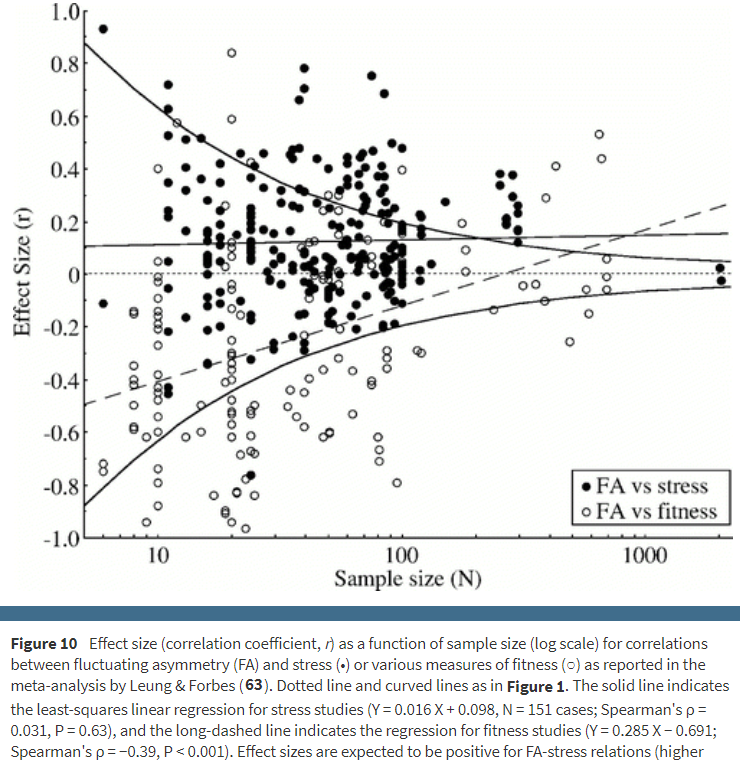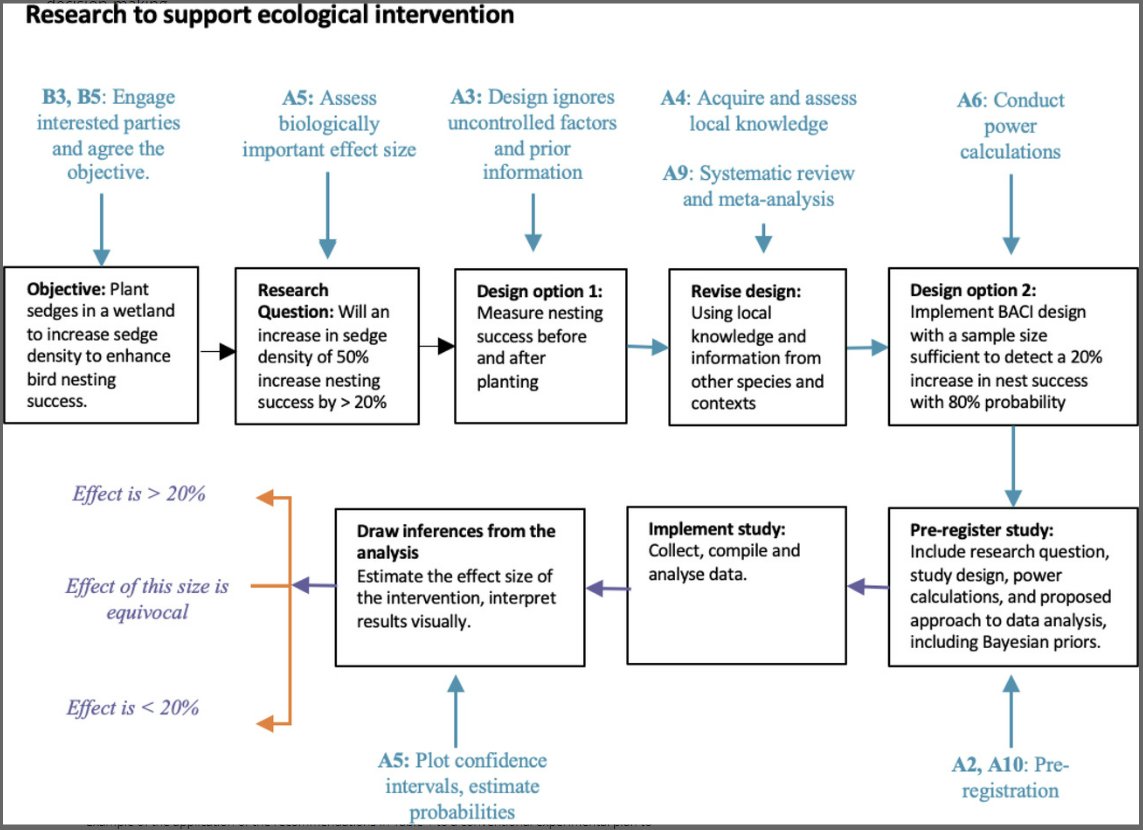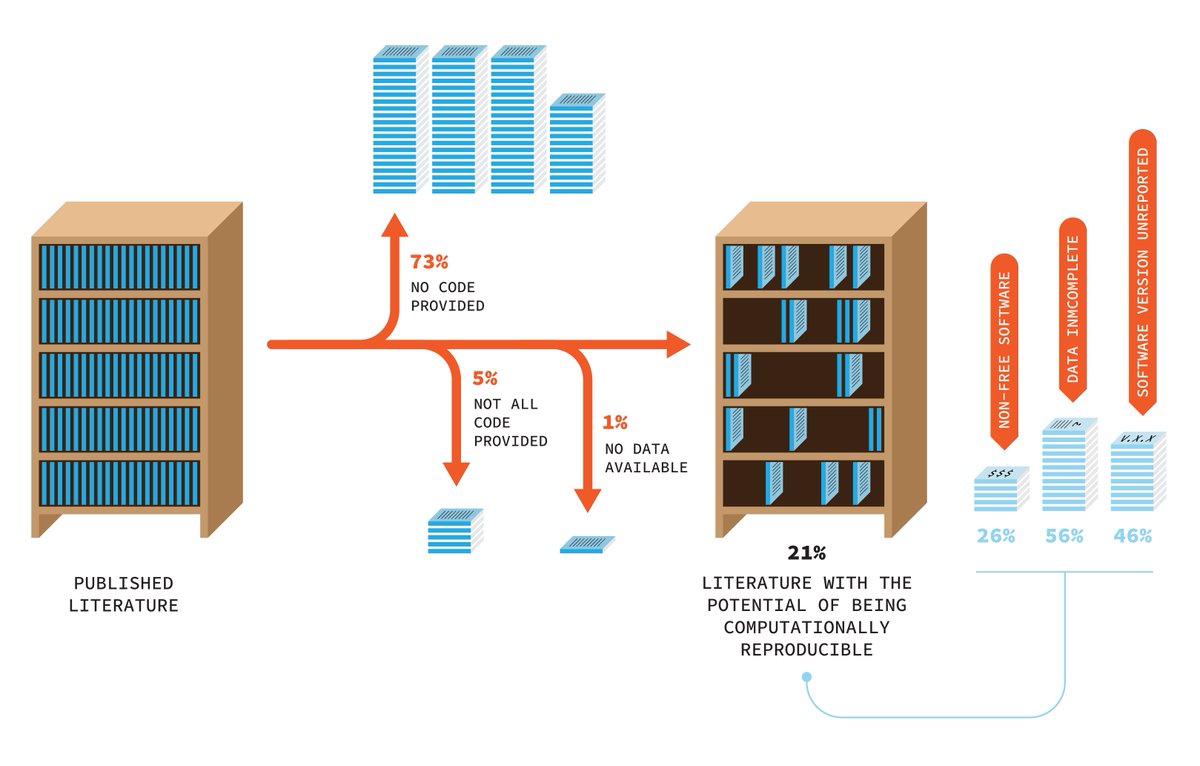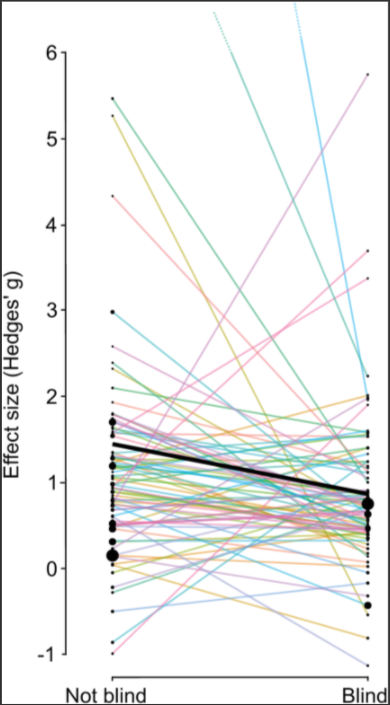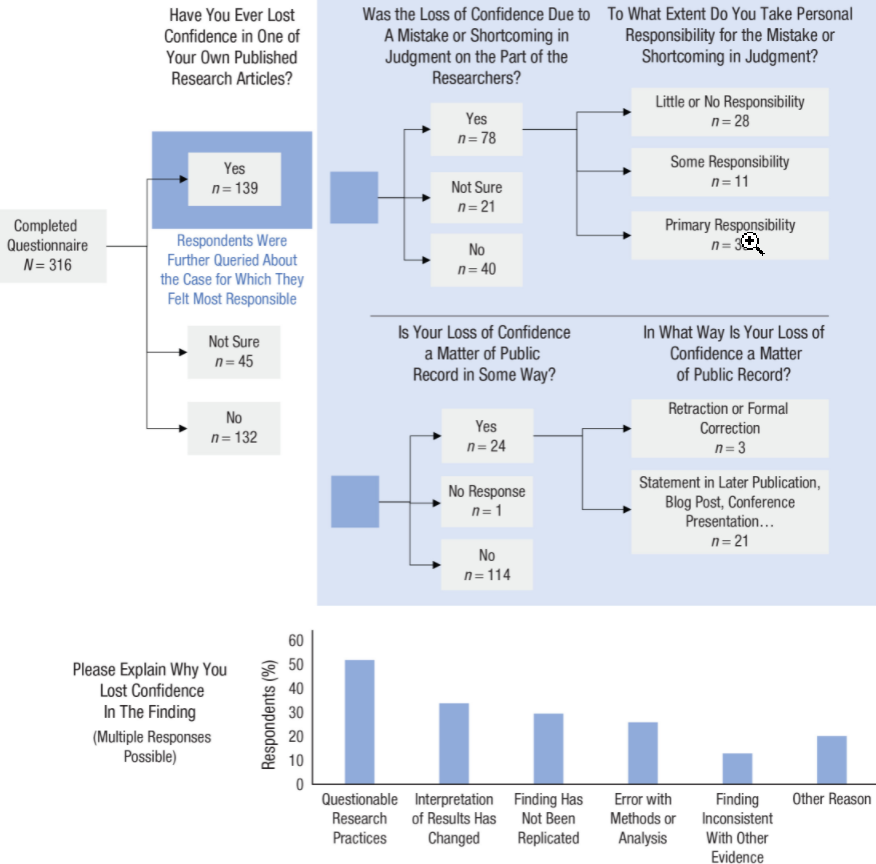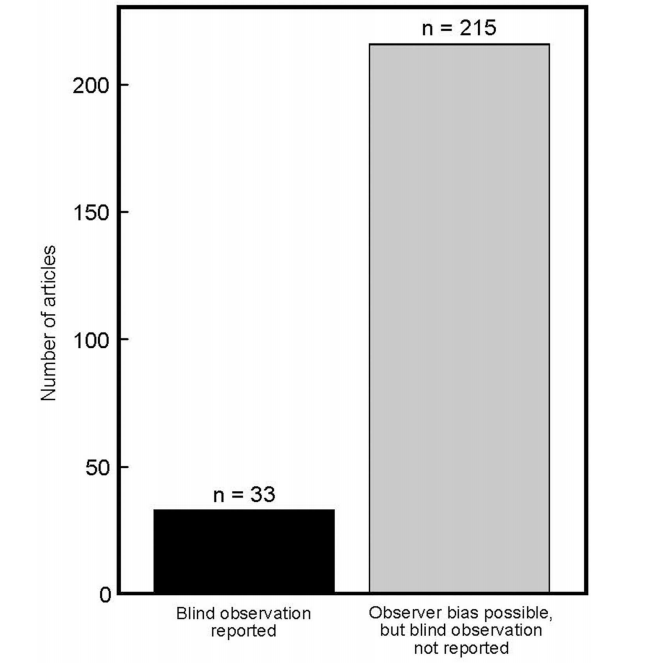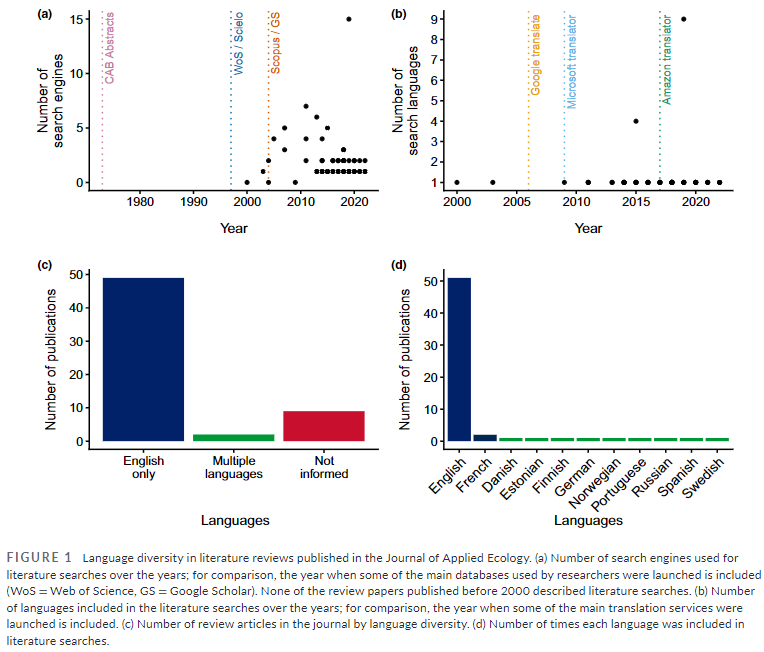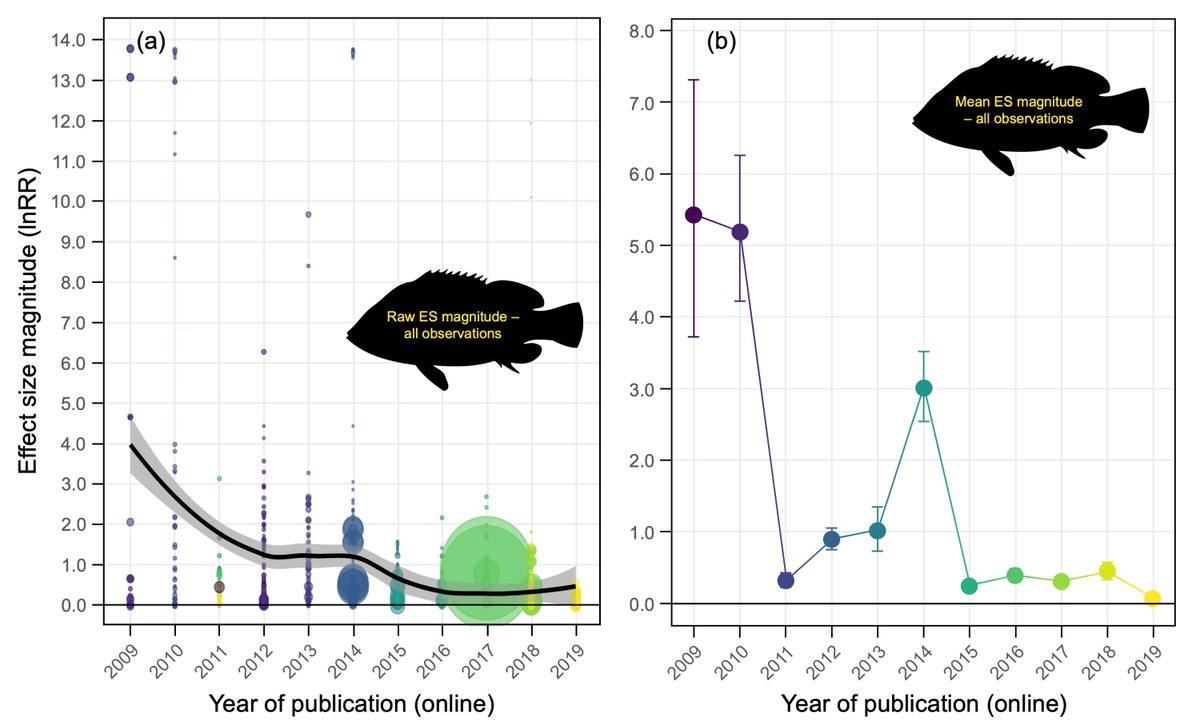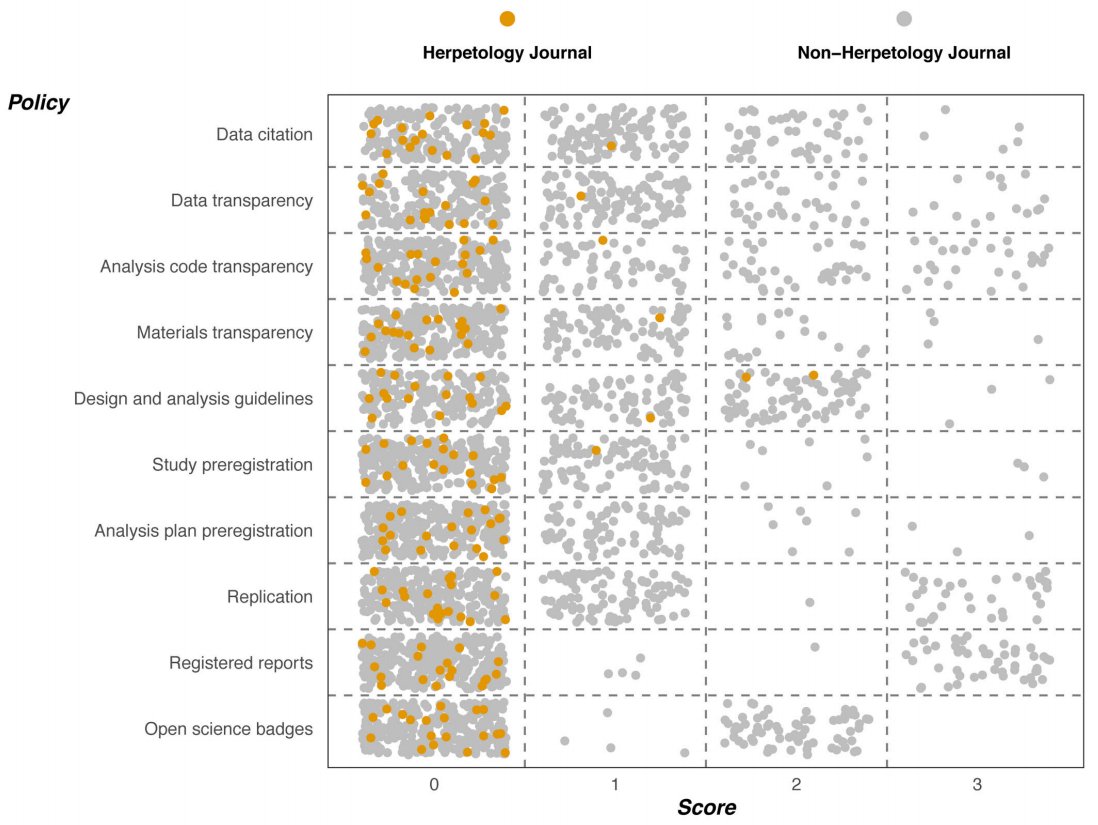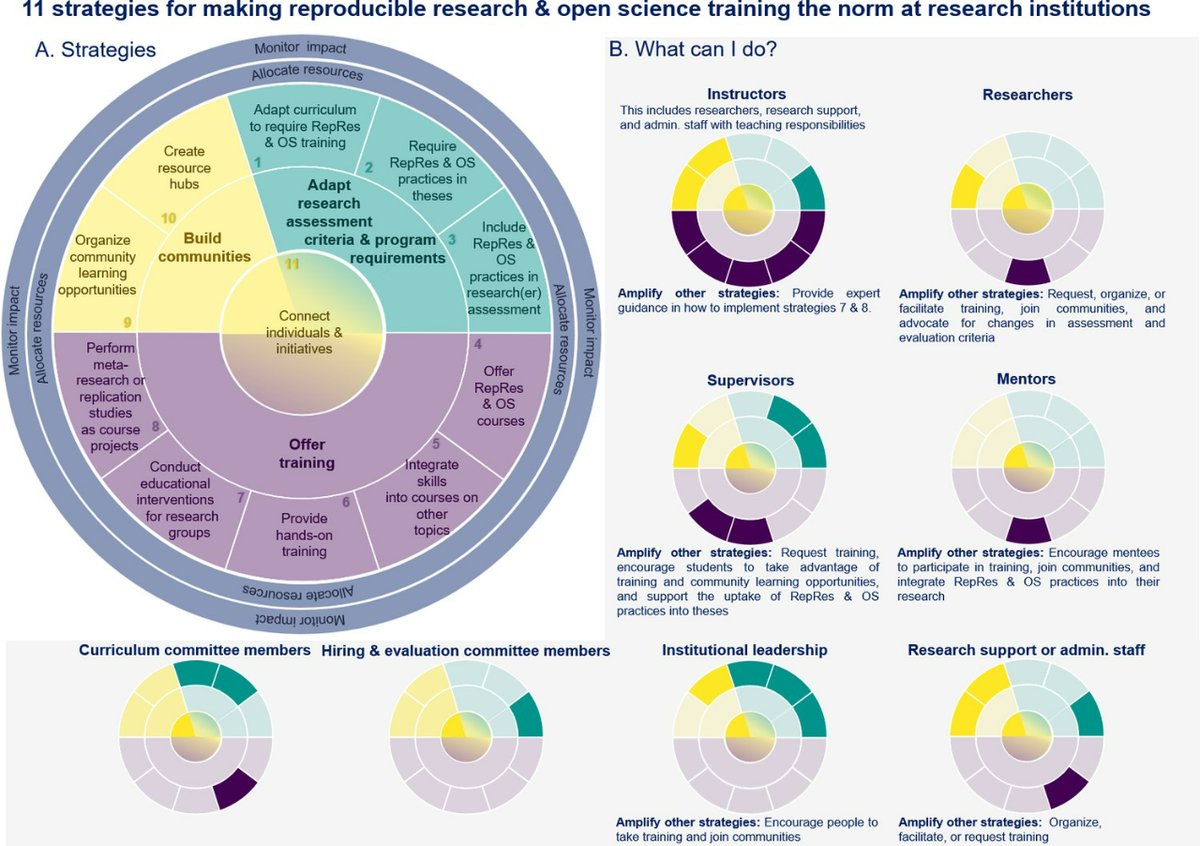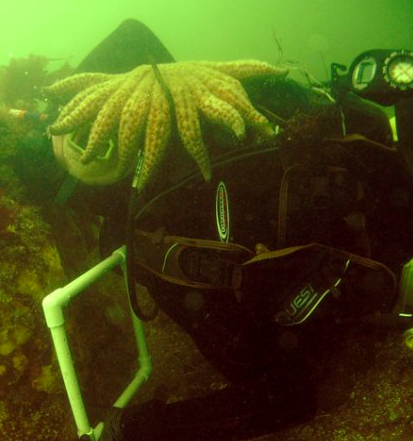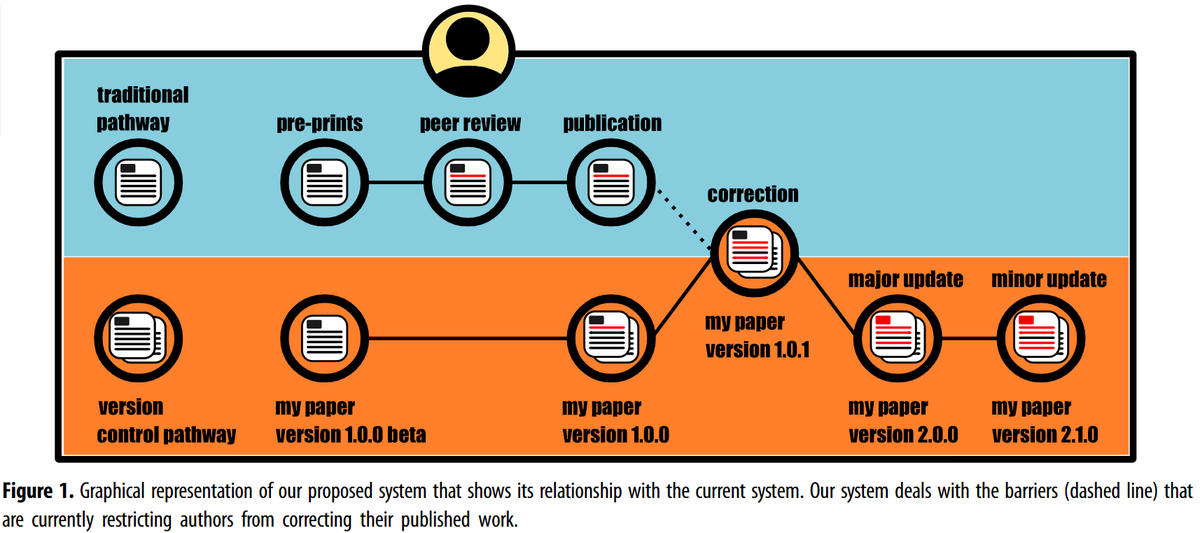Explore tweets tagged as #SORTEEjournalclub
via @BMCBiology, written by many of the founding members of SORTEE: ‘Towards open, reliable, and transparent ecology and evolutionary biology’. We emphasise the power of journals, funders, and hirers to change how research is done. #SORTEEjournalclub
2
49
106
via Biological Reviews. A practical guide on detecting and avoiding likely false‐positive findings that every scientist should read as it covers most problems and solutions using examples from the field. #SORTEEjournalclub
0
28
64
via @PLOSBiology: Open science challenges, benefits and tips in early career and beyond. “We describe key benefits, including reputational gains, increased chances of publication, and a broader increase in the reliability of research”. #SORTEEjournalclub
0
11
21
via @RSocPublishing. Must-read: “to improve the culture of science, a shift must be made away from correcting misunderstandings & towards rewarding understanding. We support this argument with empirical evidence & computational modelling”#SORTEEjournalclub
0
13
25
Want to learn about Open, Reliable & Transparent Code? Join SORTEE ( and our Slack to attend *Code Club, every third Tuesday of the month*. February 20, 09:00 UTC we'll discuss the what & how of #CodeReview ( #SORTEEjournalclub
0
20
28
a classic via Annu Rev Ecol Evol S: Quasireplication has almost completely supplanted replication in eco & evo. Without incentives for replicative studies the contract of error will continue to thwart attempts at robust generalizations #SORTEEjournalclub
0
4
16
Open science can help enhance the quality of conservation science. A new toolkit by Burgman et al. shows us how: #SORTEEjournalclub #OpenScience
0
8
13
via @ConBiology: “This paper, one of the first registered reports in conservation science, demonstrates how preregistration can help make complex research designs more transparent, avoid cherry picking, and reduce publication bias” #SORTEEjournalclub
1
6
12
via @PLOSBiology: code-sharing policies set by ecological journals are not adhered to by most authors: only 27% of eligible articles were accompanied by code, calling for urgent action to increase code availability in ecology. #SORTEEjournalclub
0
26
23
2. via @PLOSBiology: A multi-part study showing that a lack of blinding is associated with larger effect sizes and more p-values below 0.05, as would be expected if blinding observers to experimental treatments reduces bias #SORTEEjournalclub
2
6
14
via Perspect Psychol Sci: authors explore the dynamics of scientific self-correction & argue that removing barriers to self-correction is imperative if the scientific community is to achieve the ideal of efficient self-correction #SORTEEjournalclub
0
8
10
via @BehavEcol: "Striving for transparent and credible research: practical guidelines for behavioral ecologists". For additional interesting discussions, see the commentaries on this piece and the reply to them #SORTEEjournalclub
0
11
15
Let’s talk about blind data recording in ecology & evolution. Here are 2 important papers: 1. via @FrontEcolEvol: Empirical demonstration that many studies are susceptible to observer bias but few report having used blind data recording #SORTEEjournalclub
1
11
18
via @PNASNews: most archived genomic datasets (86%) lacked the necessary spatiotemporal metadata. "Streamlined data input processes, updated metadata deposition policies, and enhanced scientific community awareness are urgently needed" #SORTEEjournalclub
0
4
10
New editorial @JAppliedEcology highlights the existence of language bias in research synthesis in Ecology: This is an opportunity for the community to develop & embrace multi-language platforms for the dissemination of research findings #SORTEEjournalclub
0
7
20
via .@PLOSBiology: #metaanalysis of 91 studies reveals an extreme decline effect in the impacts of ocean acidification on fish behavior, where large effects in initial studies have all but disappeared in subsequent studies over a decade #SORTEEjournalclub
0
6
21
via @HerpJournal: “We find promotion of transparent practices currently lacking in many herpetological journals; and encourage authors, students, editors, and publishers to redouble efforts to bring open science practices to herpetology” #SORTEEjournalclub
0
7
17
Fortunately, more & more funders, journals & policymakers require reproducibility of methods & analyses. Check out this introductory university-level course (BSc MSc PhD) designed by @ulf_toelch & D. Ostwald: #SORTEEjournalclub
0
7
15
Curious about implementing #reproducibleresearch & #openscience practices at your institution? Check out this @eLife paper by @fr_kohrs et al on how to adapt research criteria, build communities & offer training across leadership levels: #SORTEEjournalclub
0
21
33
